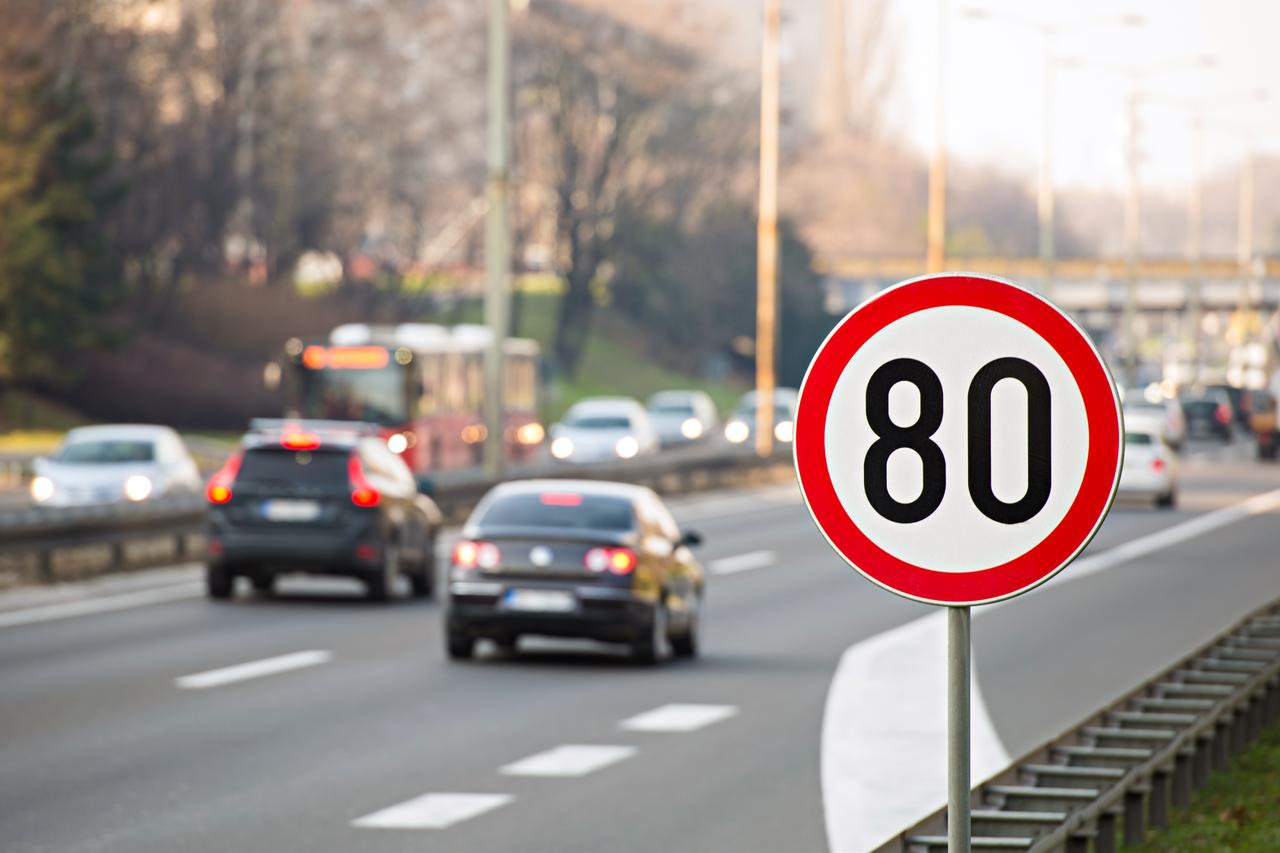
Türkiye’s Minister of Transport and Infrastructure, Abdulkadir Uraloglu, announced that speed limits imposed due to road markings will be lifted by the end of the year. The reform will also remove unnecessary pedestrian crossings outside residential areas.
“Many pedestrian crossings force you to reduce speed to 50 km/h,” Uraloglu said. “We will close crossings that are too close together and build overpasses or underpasses instead.”
During a visit to Igdir for the groundbreaking ceremony of the Kars-Igdir-Aralik-Dilucu railway line, Uraloglu discussed ongoing road and traffic reforms with local media. He explained that routes are being re-evaluated according to current standards and that all will be completed by the end of the year.
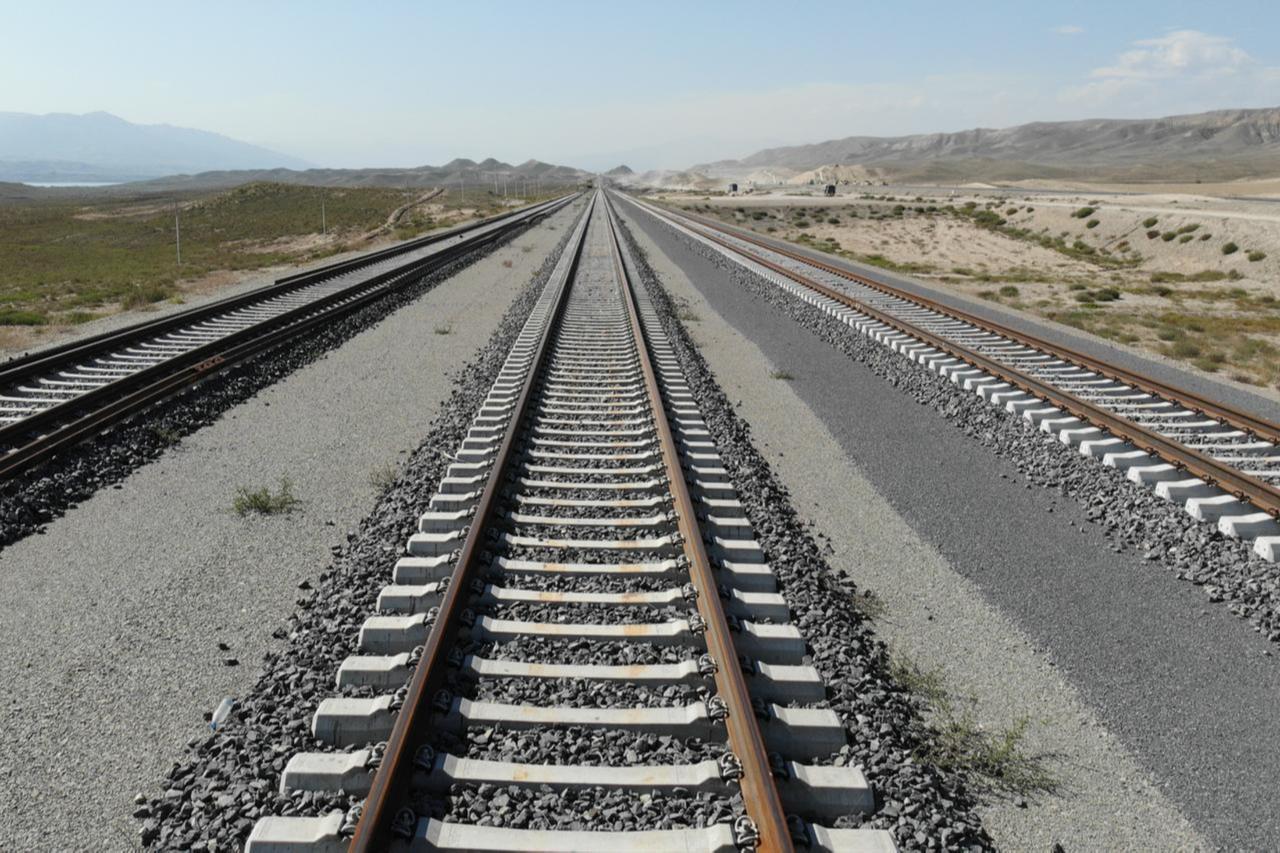
Uraloglu emphasized the strategic importance of the Zangezur Corridor, which will significantly reduce travel time for trade compared to sea routes. “This railway will provide an alternative route connecting Türkiye, Central Asia, and the eastern Asia,” he said. The corridor is projected to handle 15 million tons of cargo annually.
The minister detailed the anticipated economic benefits of the project over 30 years:

Uraloglu highlighted the role of the Izmir-Istanbul highway, which passes near 12 organized industrial zones, in supporting logistics, industrialization, and employment.
He added that similar benefits could be expected along the Kars-Igdir-Aralik-Dilucu railway.
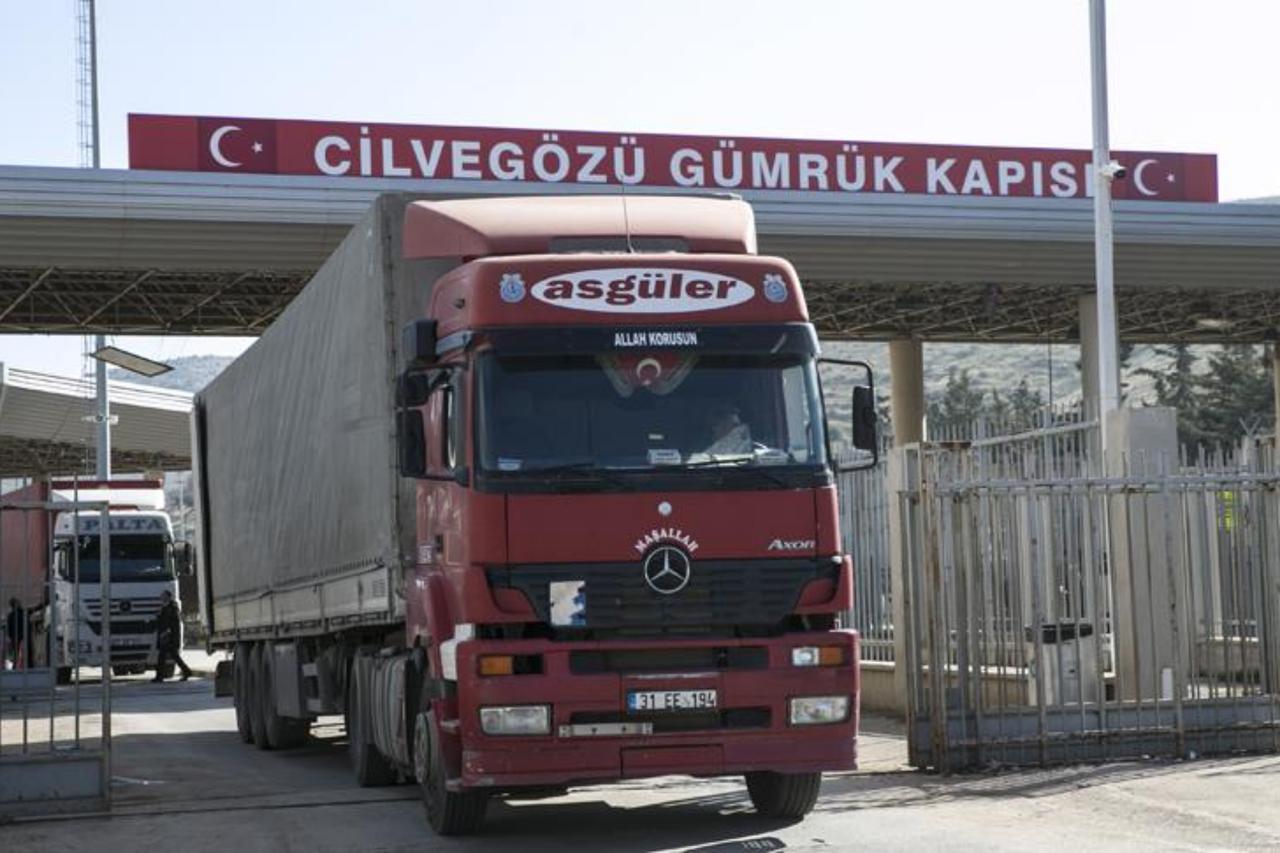
Regarding trucks crossing the Syrian border, Uraloglu said: “We have made an agreement, but Syria must submit the necessary applications. Standard vehicles can cross into third countries, and our vehicles can travel from Türkiye to Syria and onward to Jordan.”
A trilateral meeting between Türkiye, Syria, and Jordan is planned this fall to improve border logistics.
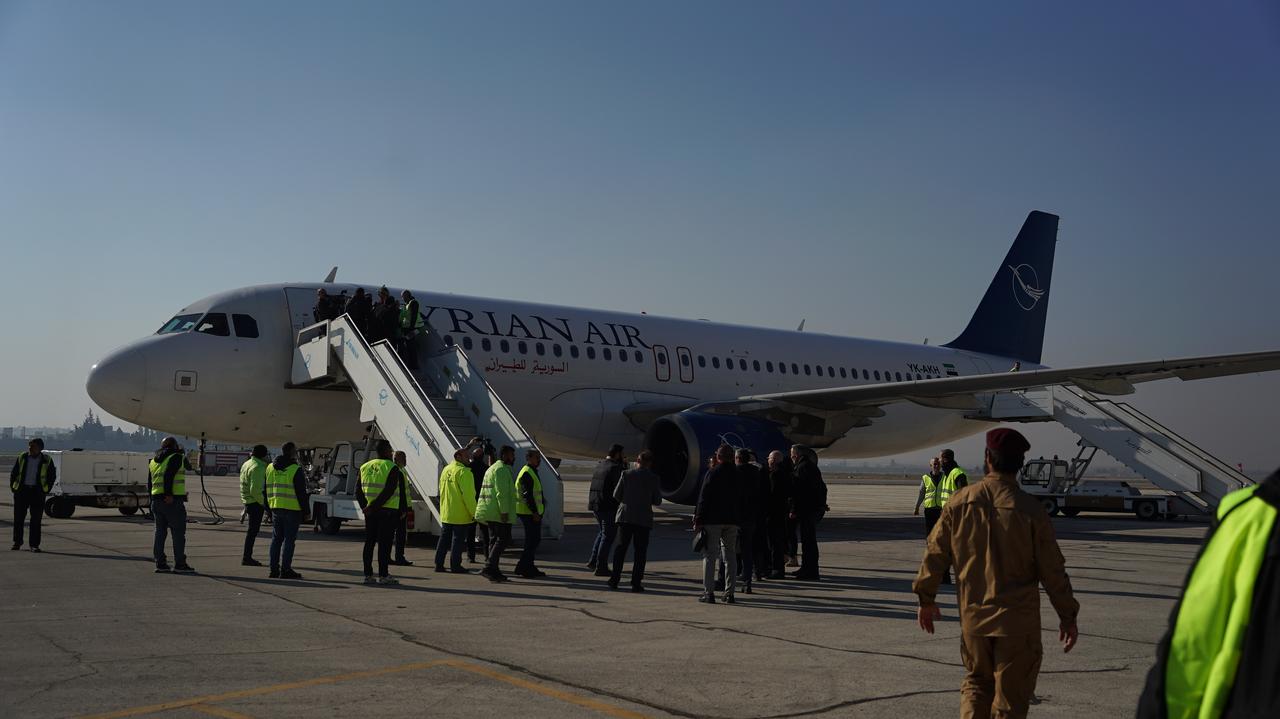
Uraloglu confirmed that Türkiye is working to restore the damaged railway between Gaziantep and Aleppo, with an estimated cost of ₺120 million.
Additionally, Türkiye-based companies are involved in renovating and expanding the Damascus airport, with similar efforts planned for Aleppo.
The Hicaz railway will also undergo partial rehabilitation funded by Türkiye.

The minister provided an update on Ankara’s Esenboga metro, which will link the city center and Ankara Esenboga Airport, explaining that the project has been revised under the government’s responsibility.
“We aim to finish the review this year and proceed with the tender next year,” he said.
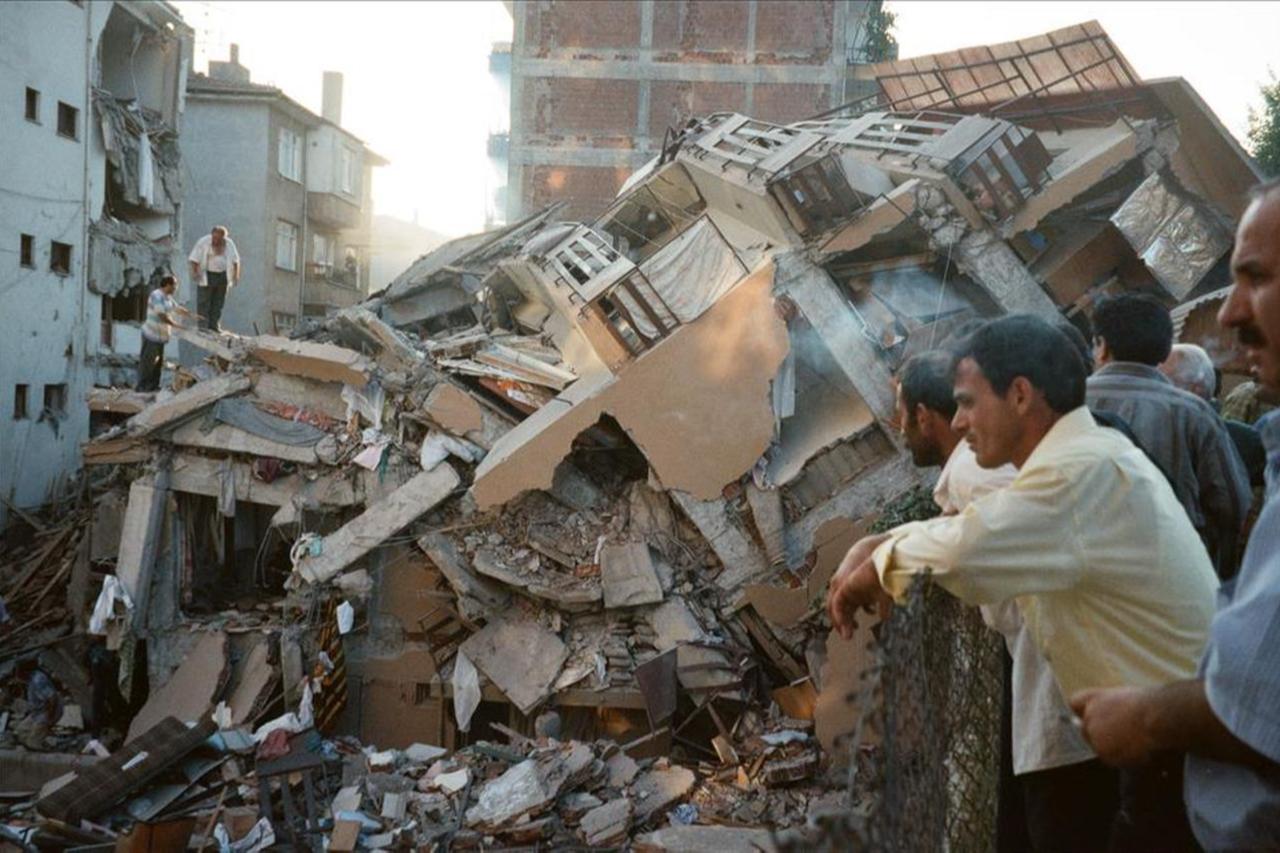
Uraloglu confirmed that all road construction projects follow earthquake regulations. Since 2020, the General Directorate of Highways has coordinated the creation and enforcement of these regulations for highways, railways, airports, and ports. “All new projects automatically consider seismic risks,” he added.
For older structures, including bridges in Istanbul, retrofitting has been carried out. Suspension cables on Bosphorus bridges have been replaced, and 80–90% of earthquake precautions have been implemented on older infrastructure.